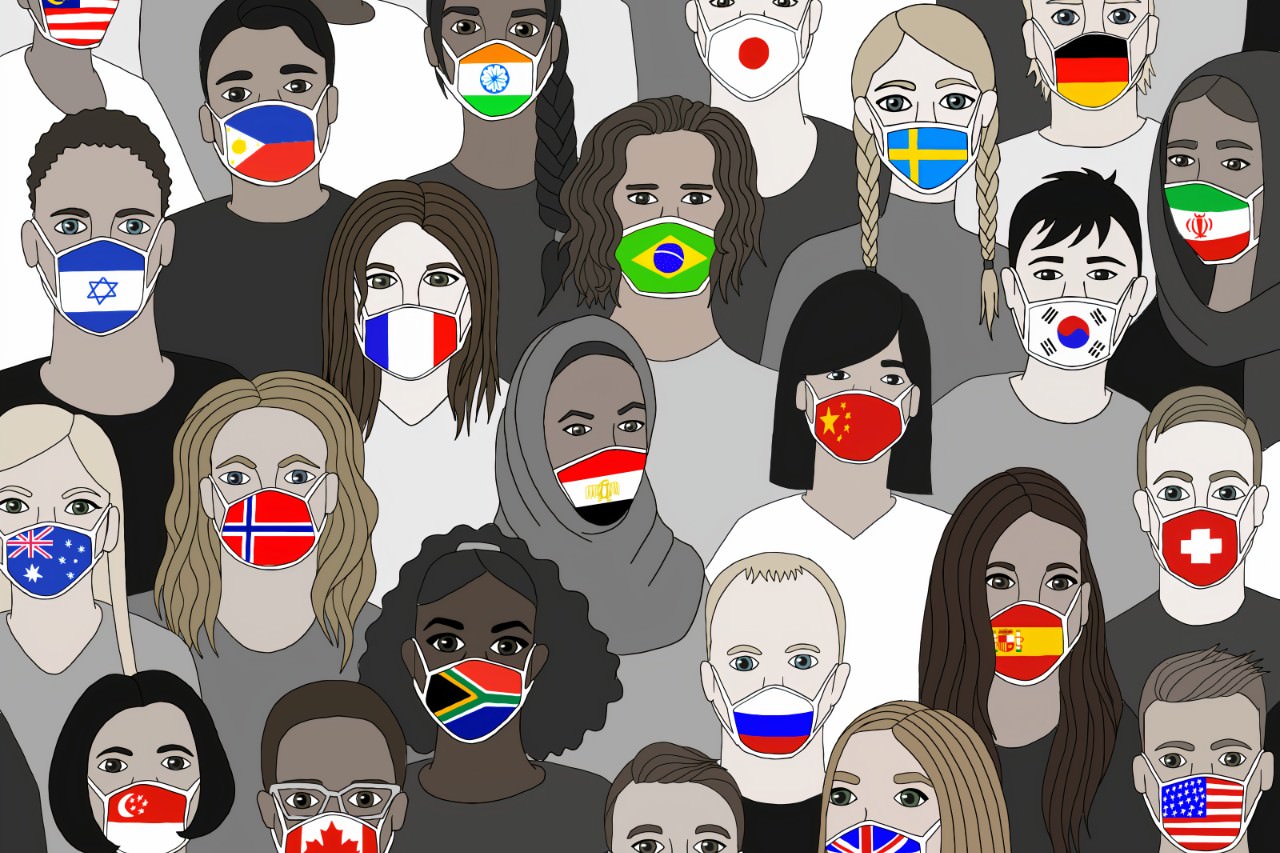Extract from Eureka Street
- David James
- 30 June 2020
A commonly heard phrase, or rather media cliché, is that after the COVID-19 crisis ‘things will never be the same.’ It is an understandable sentiment, given the seemingly unprecedented nature of recent events. But how novel is what happened, and how much will actually change?

The creation of what have
effectively become police states (in Victoria the army was briefly
called in) to counter the effects of a perceived health threat is
historically not unique, although the fact that it was implemented
across most of the world is novel. That the response was based on
modelling projections was also new. Nevertheless, the willingness to
sacrifice economic and social stability for a pandemic has happened
before; it was common during periods when the Bubonic Plague ravaged populations, for instance.
What about the future? Futurist
Phil Ruthven has concluded, after looking at 200 years of crises,
including the World Wars, that economies typically return to how they
were before. Crises can, however, accelerate trends already occurring.
Differing versions of capitalism
are emerging. The contrast between America’s response to the virus and
the measures taken in Australia, Europe and Britain has been stark.
America gave its corporations an eye-watering $US5-10 trillion bailout
but did next to nothing for its workforce and small businesses,
resulting in extraordinary unemployment and impoverishment.
Other countries, including
Australia, spent heavily to protect those adversely affected, especially
workers, so as to limit damage to the economic and social fabric. It is
a very different conception of how capitalist societies should
function, and suggests a significant divergence is occurring.
Another potential trend is a
politicisation of health that could undermine basic rights and
protections. Health was already out of control in a financial sense.
Just the profiteering element in
American health is almost the equivalent to two per cent of the global
economy and those parasitic practices, fuelled by hyper greed, have
spread around the world.
'It is a very different conception of how capitalist societies should function, and suggests a significant divergence is occurring.'
The danger is that the next step
will be to replicate what banks have been doing for decades: turning
the industry into a system of control. Just as financiers, justified by
the circular arguments of neo-liberal economics, have gleefully
converted citizens into little more than consumers and debtors, the
COVID-19 crisis has revealed a propensity for a biosecurity governance structure that
turns citizens into patients, or threats to patients. Any system that
does not put the whole person at its centre will inevitably become
vicious, no matter how well-meaning it appears to be.
A third likelihood is an
unwinding of globalisation. It is looking increasingly likely that the
world will split into two: in geo-politics, geo-economics, digital
infrastructure and supply chains. America on one side and China on the
other. Both countries are in deep financial trouble, although America
has an escape hatch because the US dollar remains the world’s reserve
currency, meaning it can raise new money whenever it wants, and China
has a discrete system that can be manipulated from within by the
Communist Party.
Another likely development, in
this era of contact tracing, is more surveillance. China has moved at
lightning pace to implement its Social Credit System, a dystopian mix of artificial intelligence (AI) and mass surveillance. In
Western democracies surveillance has mainly been developed and refined
by tech giants such as Google and Facebook (Edward Snowden showed that the intelligence services were heavily involved). As these companies become more politicised, using deplatforming or demonetising for alleged violations of ‘community standards’, the separation between the state and business blurs.
Even more concerning is
America's and China’s race to advance their respective data collection
and AI. AI and surveillance technologies are a Pandora’s box. Once they
exist, they almost inevitably will be used.
 David James is the managing editor of
David James is the managing editor of
No comments:
Post a Comment